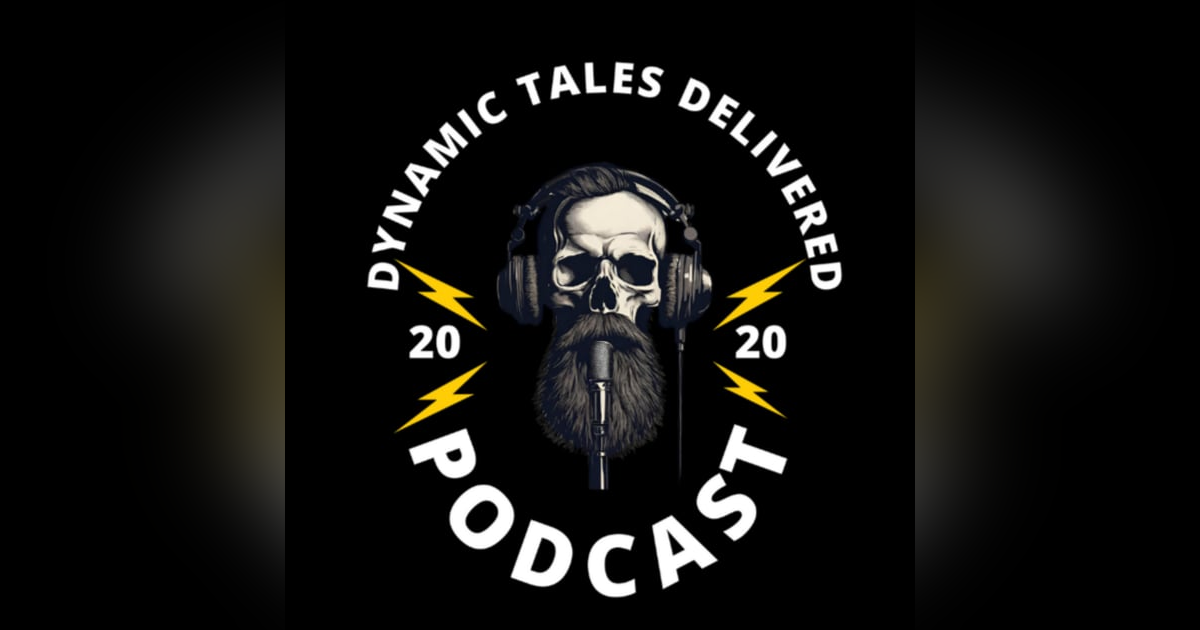-CHAPTERS-
00:00 Introduction and Background
03:48 Military Journey and Family Influence
06:45 Joining the Marine Corps: Motivations and Expectations
10:05 Leadership Development in the Marine Corps
12:57 Basic Training Experience
15:48 Invasion of Iraq: Initial Experiences
18:51 Post-Invasion Reflections and Leadership Challenges
21:50 Transitioning to Okinawa and New Opportunities
40:46 The Decision to Rejoin the Marines
45:23 Reflections on Military Experience and Leadership
52:52 Reenlisting and the Path to Recon
01:02:04 Facing Failure and Overcoming Challenges
01:06:29 Life as a Recon Marine
01:14:00 The Impact of Injury on Identity and Career
01:21:23 Transformative Experiences: Injury and Career Path
01:24:33 Mental Fitness: The Overlooked Aspect of Recovery
01:27:45 Compartmentalization: The Hidden Struggles of Service Members
01:31:04 Finding Hobbies: Rediscovering Life Beyond the Military
01:38:19 Leadership Evolution: Teaching from Experience
01:45:49 Full Circle: Working with the Wounded Warrior Battalion
01:51:35 Eco-Therapy: Healing Through Nature and Community
In this conversation, Ryan Kuperus shares his journey from growing up on a dairy farm in upstate New York to joining the Marine Corps. He discusses the influences of his family, his motivations for enlisting, and the challenges he faced during basic training and the invasion of Iraq. The conversation delves into his leadership development, experiences in combat, and reflections on his military career, highlighting the personal growth and lessons learned along the way. This conversation explores the journey of a Marine who reflects on his military career, the decision to rejoin the Marines, and the impact of a life-changing injury. The discussion delves into themes of leadership, personal growth, and the challenges faced during and after military service, highlighting the complexities of identity and resilience in the face of adversity. In this conversation, the speaker reflects on their transformative experiences following a career-altering injury, emphasizing the importance of mental fitness and the need for smarter training. They discuss the challenges of compartmentalization in military life and the rediscovery of hobbies post-service, particularly through outdoor activities. The speaker also shares insights on leadership evolution, their work with the Wounded Warrior Battalion, and the healing power of nature through eco-therapy initiatives for veterans and first responders.
-TAKEAWAYS-
-The speaker's family background influenced his decision to join the military.
-He initially joined the Marine Corps to escape rural life and seek adventure.
-Basic training was a mix of boredom and intense preparation.
-Leadership in the military often involves learning from both good and bad examples.
-The invasion of Iraq marked a significant turning point in his military career.
-He experienced a shift in mindset after 9/11, focusing on the reality of war.
-The importance of mentorship and teaching younger Marines became clear later in his career.
-His experiences in the Philippines were some of the most enjoyable of his military service.
-He recognized the significance of being part of history during the invasion of Iraq.
-Personal growth and self-discovery were key themes throughout his military journey. The decision to join special forces was influenced by peers.
-Rejoining the Marines was a pivotal moment in his life.
-Experiences in college helped shape his leadership style.
-Military service instilled a sense of purpose and identity.
-Facing failure in training was a humbling experience.
-The camaraderie in the military is unmatched.
-Injury during a training accident led to significant life changes.
-The importance of balancing career and family life.
-Resilience is key to overcoming personal and professional challenges.
-Reflecting on past decisions can lead to personal growth. Everything -happens for a reason, including career changes.
-Training smarter, not harder, is crucial for recovery.
-Mental fitness is often overlooked but essential for well-being.
-Compartmentalization can lead to hidden mental struggles.
-Rediscovering hobbies can aid in recovery and personal growth.
-Leadership styles evolve with experience and understanding.
-Working with the Wounded Warrior Battalion provides a full-circle experience.
-Eco-therapy offers healing through nature and community engagement.
-Engaging in outdoor activities can foster connections and healing.
-Having something to prove can drive personal and professional success.
For exclusive full interviews and behind-the-scenes content, visit our official website:
https://www.dtdpodcast.net/
Follow us on social media for updates, sneak peeks, and more engaging content:
🔗 Facebook: https://www.facebook.com/dustin.kelly.79
🔗 LinkTree: https://linktr.ee/DTDPODCAST_DJKELLY
🔗 Instagram: https://www.instagram.com/










